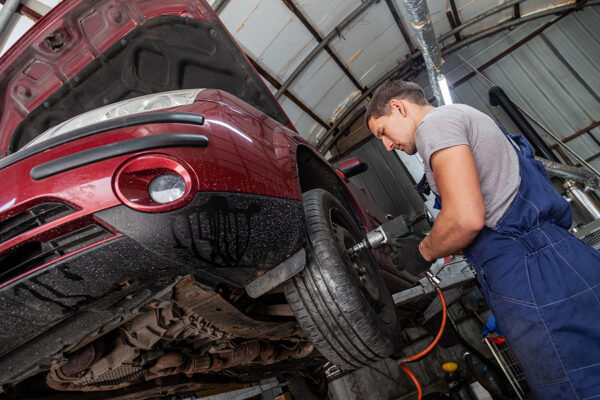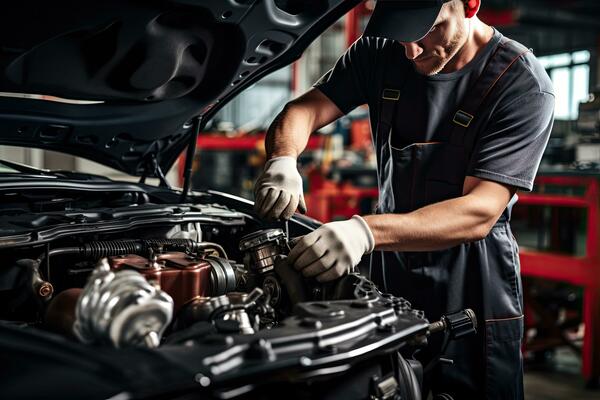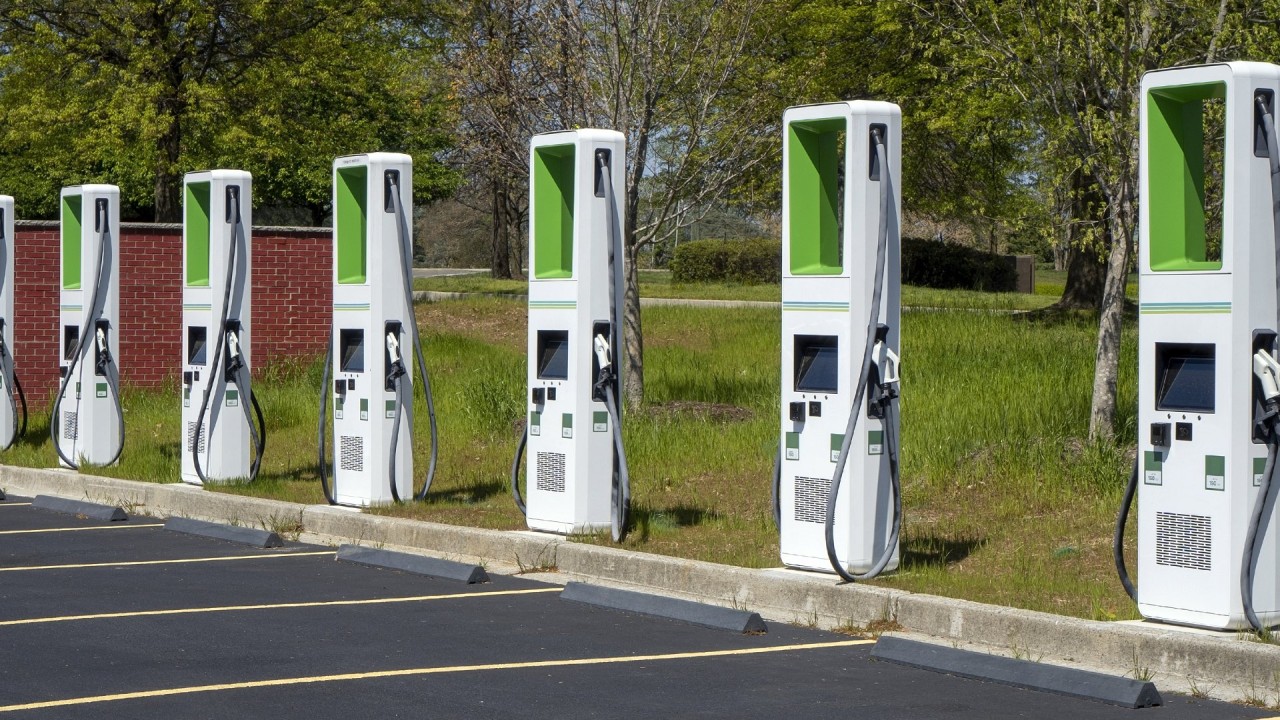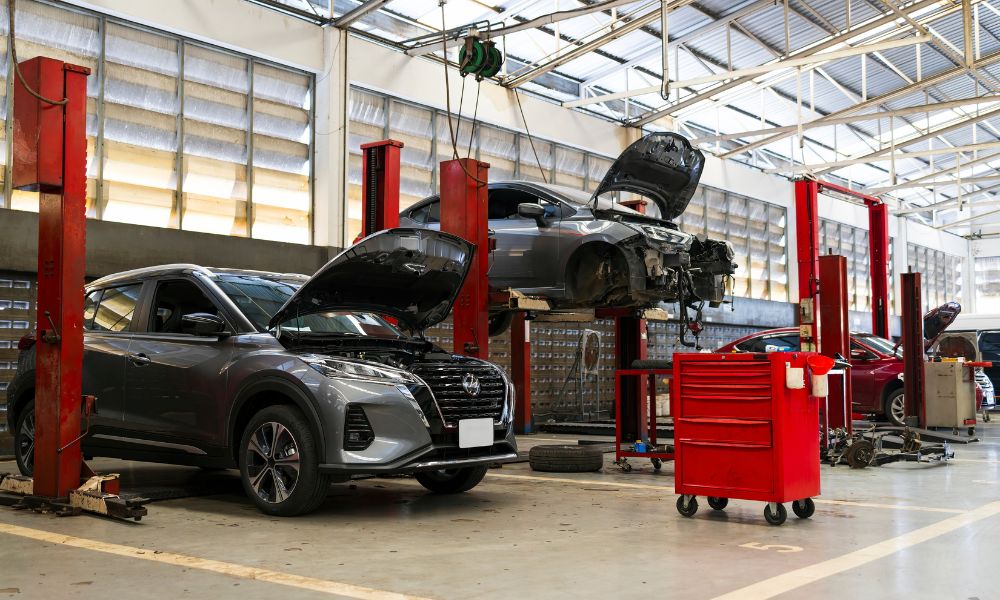Replacing Your Cabin Air Filter: Enhancing Air Quality Within Your Diesel Vehicle
Maintaining optimal air quality in your diesel vehicle is essential for both your well-being and overall comfort. Regularly replacing your cabin air filter is a straightforward and effective method to ensure the air quality remains clean. This component plays a crucial role in the filtration of pollutants, allergens, and other harmful particles from the interior air of your vehicle. This article addresses the importance of replacing your cabin air filter, outlines its benefits, and provides guidance on the replacement process.
The Importance of Cabin Air Filters
The HVAC system of your vehicle is dependent on the cabin air filter. The primary function is to purify the air circulating within automobile ventilation systems. Diesel automobiles produce a higher level of particulate matter and other pollutants compared to gasoline vehicles, thereby underscoring the significance of an effective cabin air filter. The filter effectively captures dirt, dust, pollen, and various airborne pollutants over time, thereby preventing their entry into the cabin. The filter may become obstructed and less effective as debris accumulates, leading to diminished air quality within the vehicle and increased strain on the HVAC system. Going for the Auto Repair in Newport, RI based service is essential.

The Advantages of Routine Cabin Air Filter Replacements
Regularly changing your cabin air filter offers numerous benefits. Initially, it purifies the air within your vehicle, thereby enhancing the well-being of both you and your passengers. This is essential for individuals affected by allergies and respiratory conditions. Furthermore, a pristine cabin air filter ensures optimal HVAC performance. A clogged filter compels the system to exert greater effort in air circulation, thereby diminishing both performance and fuel efficiency. Replacing the filter in your vehicle will enhance the freshness of the interior by eliminating trapped particles.
Indicators for the replacement of cabin air filters
Be aware of the indicators that suggest your cabin air filter requires replacement. A common sign to observe is a reduction in vent airflow, particularly during the operation of the air conditioning or heating systems. The presence of elevated dust or allergens within the cabin may result in an unpleasant musty or moldy odor. It is advisable to inspect the cabin air filter should you or your passengers experience heightened allergy or respiratory issues while in the vehicle. Driving conditions and environmental factors may influence the necessity for filter replacement within the range of 12,000 to 15,000 miles, despite regular maintenance schedules recommending it.
Replace Your Cabin Air Filter
Changing your cabin air filter requires minimal time and equipment. The cabin air filter housing is typically located beneath the glove box or underneath the dashboard. The owner’s handbook for your vehicle will provide you with the necessary information regarding its location. Subsequently, detach the housing cover and extract the old filter, ensuring to observe the direction of airflow. Please ensure to verify the airflow direction prior to the installation of the new filter. Please proceed to reinstall the housing cover along with the other components. This straightforward maintenance task has the potential to enhance your vehicle’s air quality and improve the efficiency of its HVAC system.




